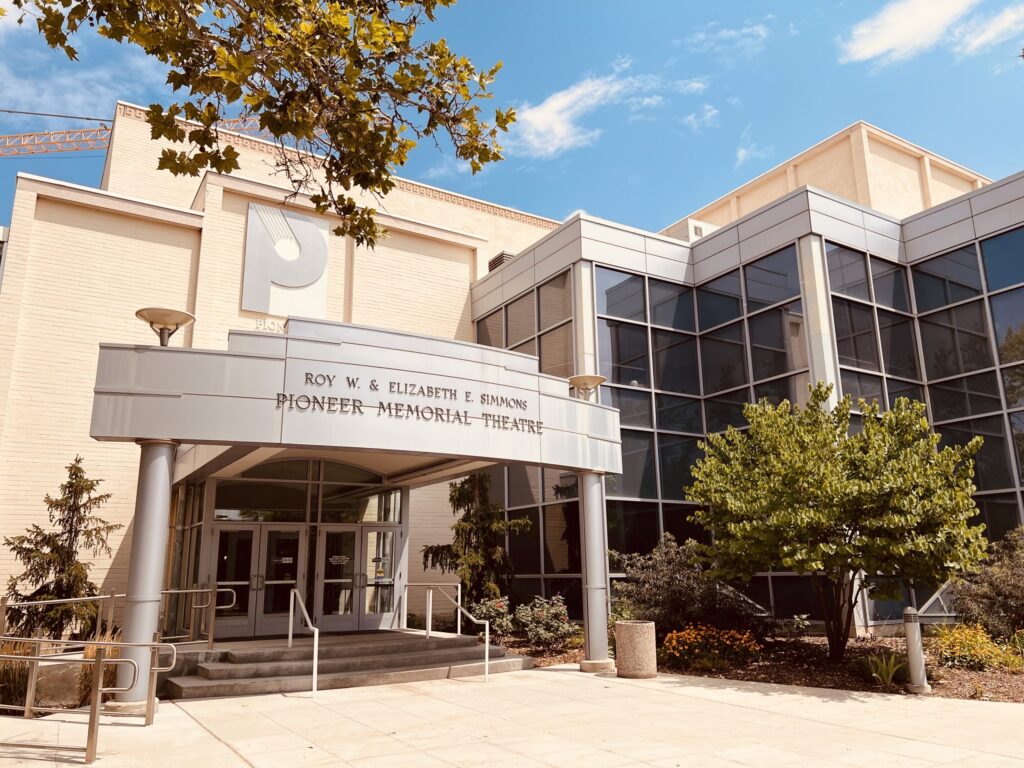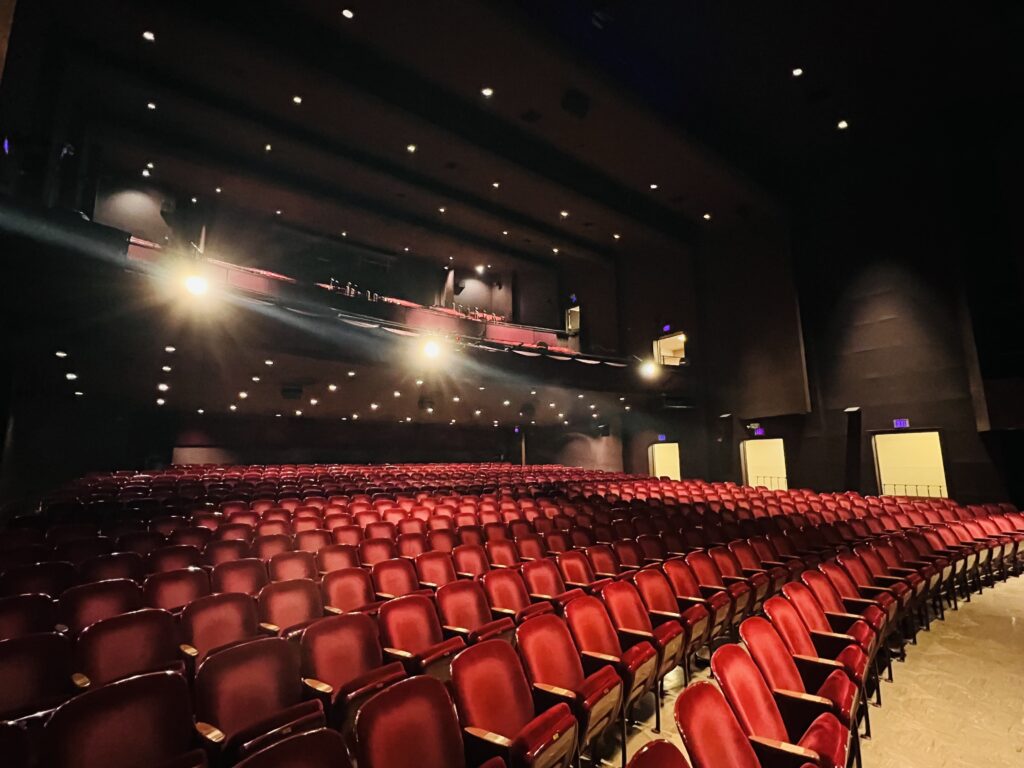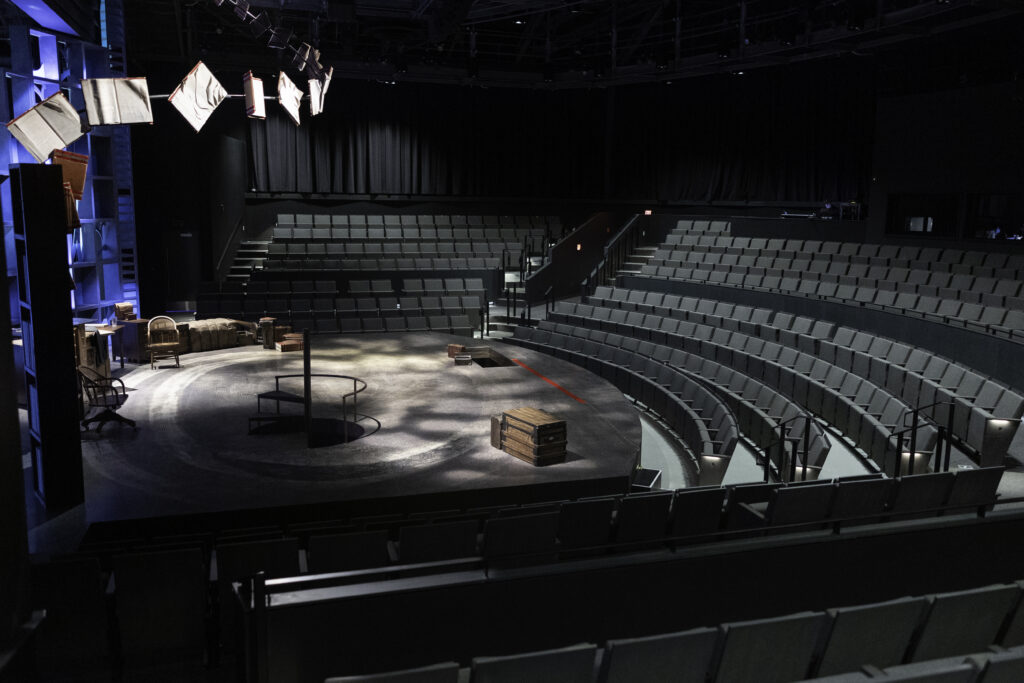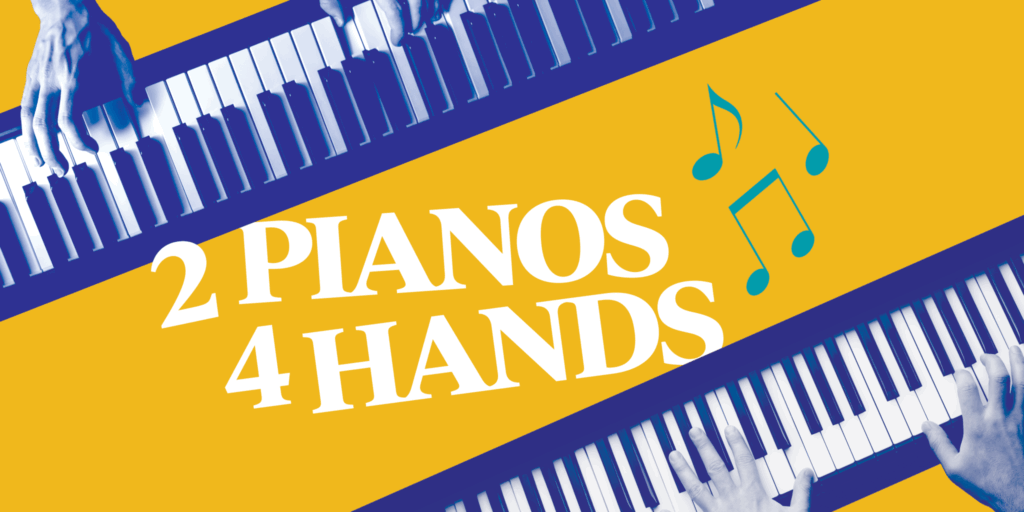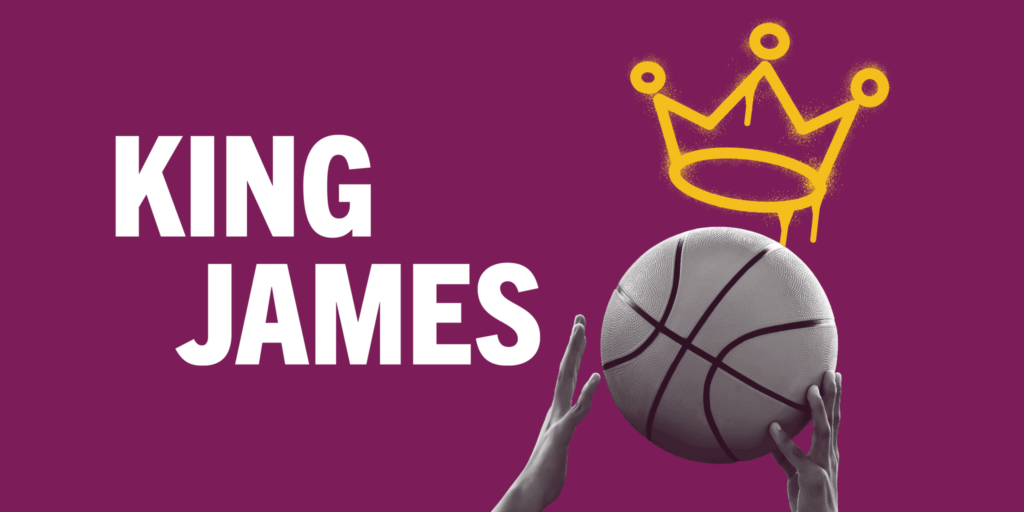No question: ticket sales are vital for any performing arts organizations. No creative work is complete until the audience is brought into the mix. It is the lifeblood of the artistic experience.
But, the arts also constitute the same realities of business and economics that any other sector of society must contend with in order to sustain and thrive. Today, even the most durable and venerable nonprofit arts and cultural institutions are being rocked presently by hostile misperceptions that their missions and programming — quintessential to the sense of humanity that makes for enlightened and cohesive social communities — are not worthy of publicly funded support. Many do not realize that beyond the stage and in concert halls, many arts organizations spend most of their energies year-round in organizing programs offstage that reach, for example in Utah, tens of thousands of students in schools in every single county of the state. As Utah history indicates, the arts were considered vital and indispensable from the earliest days when Mormon pioneers settled in the area.
For Pioneer Theatre Company, which is set to begin its 64th season this fall, the objective of building a full-fledged community around its artistic mission has been assisted significantly by the Simmons Family Foundation, which was founded in 1986, and by the Pioneer Theatre Guild, a booster organization whose mission is to support PTC through spreading awareness and raising funds.
As evidenced below in the summary of the productions that Karen Azenberg, PTC’s artistic director, has curated for the upcoming season, such adventurous programming that brings distinguished and highly sought after creative talent from across the country is made possible in part by family foundations such as Simmons and by support groups such as the PTC Guild. Not only do they augment costs of productions that exemplify the top professional quality of the company’s offerings but they also amplify the social impact and public conversations in the works presented by PTC. They support PTC’s educational outreach efforts, foster artistic development (for instance, PTC’s new season will include one world premiere and three Utah premieres) and ensure affordable access for groups and demographics who look to broaden their experiences in arts and culture.
For example, during the 2024-2025 season, PTC welcomed 2,525 University of Utah students through the school’s arts pass program while 811 Curtain Call for All (Pay What You Can) tickets were sold, with costs ranging between one dollar and $50 per ticket. Furthermore, it is support from groups such as the Simmons Family Foundation and the PTC Guild that helped the company weather the effects of the pandemic shutdown and while the number of season ticket holders have yet to return to the numbers before 2020, they are steadily growing year over year.
At a gala last spring, PTC’s most significant annual fundraising event, Adrian Budhu, the managing director, announced that more than $200,000 was raised, a sign reaffirming the confidence and acceptance of Utah’s flagship regional theater. He added, “Events like the [spring] gala help bridge the gap between ticket sales and the true cost of producing world-class theatre. More importantly, they reflect the community’s enduring commitment to the arts—and to keeping theatre accessible, vibrant, and alive for all.”
PTC’s main theater on the University of Utah campus is named for Roy W. and Elizabeth E. (Tibby) Simmons, both of whom were born in 1916 and met in an acting class at the university. Roy and Tibby, as she was familiarly known, were married at the age of 22. Both loved the arts and Tibby, who was born in Layton, Utah and excelled in her drama and speech studies, was a strong advocate for preserving and restoring buildings and homes that were associated with the pioneer heritage in Utah. Born in Portland, Oregon, Roy moved to Salt Lake City after his mother died and worked numerous odd jobs to support himself. After he married Tibby, he embarked on a banking career and through a series of strategic investments, he eventually built the Zions Bancorporation, which became one of the West’s largest banking enterprises. He served as its chair until 2002, some 16 years after the Simmons Family Foundation was established.
Legacies such as the Simmons Family Foundation are instrumental in Budhu’s strategic thinking about the PTC as a dynamic arts institution that stays true to its original mission but also evolves to remain relevant and indispensable to emerging audiences in the current century. This extends to attracting contemporary generations of young people and college students who share interests in the arts much the same way that Roy and Tibby Simmons did during their days at the University of Utah nearly 90 years ago. That includes, as he said in an interview with The Utah Review, “exploring what speaks to a younger audience” and “creating opportunities in theater that young people will consider as a component of their social itinerary when they are thinking about where to go on a Friday evening, for instance.”
A new ticket package option for the new season is the PTClub Membership, which is open to patrons, age 35 or under. The PTClub option offers membership to patrons for a one-time $50 initiation fee (per season), which includes access to 50% discounts for all six 2025-26 season productions, along with a 20% discount on additional tickets for friends and family as well as access to exclusive PTClub Member events throughout the year.
The 2025-26 season presents several opportunities for precisely connecting to demographic generational groups that should be on any arts organization’s radar. This includes the award-winning musical Dear Evan Hansen, which has amassed a monumental Gen Z fan base; Rajiv Joseph’s King James, a play about two fans of the N.B.A. legend LeBron James, and Ten Brave Seconds, a world premiere musical about the day that a 16-year-old male comes out of the closet and the cosmic changes that affects his family, friends and community.
Productions like these set up stronger conversations about the impact of plays and musicals on a broader, deeper scale, Budhu explained, but they also signify a longer-term strategic mindset that acknowledges how today’s younger generation of potential theater patrons also bring frames of reference based in their immersion and ubiquitous presence of digital and social media. One cannot discuss the historical evolution of theater without also accounting for how the technological evolution enhanced and expanded the creative options for what audiences can now see on stage when they attend a concert, play, a museum exhibition or ballet and dance productions.
Budhu sees opportunities for innovative interdisciplinary collaborations in ways that draw the world of theater closer to many other worlds at the university campus. This includes the university’s games program, which is ranked at the top in the world for video game education. Budhu added that it is yet another node to connect in a robust artistic ecosystem that has propelled PTC as a model that not only speaks of but also practices new ways of collaborating while recognizing the mutual returns and benefits in cross promotion as well as supporting peer arts community partners. It is a mindset that echoes a message that Roy Simmons carried in his wallet: “One of the most important lessons of life is that success must continually be won and is never finally achieved. Every day is one of a test. Every day puts at risk all that has been gained — the greater the achievement, the more serious is the risk of loss. It is not worthwhile to talk of the end of a period — for you are always at the beginning of a new one. You cannot rest content!”
PTC’s 2025-26 SEASON
In an interview with The Utah Review, Azenberg succinctly summarized how the selections for the 2025-26 season came together. “We knew that Come from Away [an award-winning musical based on actual events from 9/11 that becomes a story of restoring faith in humanity] would be the season closer,” she said. “Everything else checked off so many boxes which included feel-good pieces, shows with messages that really resonate at this time and interesting developments in the world of theater.”
The season opens with the Utah premiere of 2 Pianos 4 Hands, by Ted Dykstra and Richard Greenblatt (Sept. 12-27) in the Meldrum Theatre at the Einar Nielsen Field House. Azenberg said that she always has had this 1996 show, which premiered in Toronto that is considered one of Canada’s most successful plays, on her radar. A cleverly constructed comedy for making appreciation of all types of music accessible for audiences of all ages, the story is based loosely on the boyhood lives of its creators, who aspire to become accomplished classical pianists. There are bits about the trials and tribulations of piano lessons, parents who want to push their children into musical greatness, the eccentricities of music teachers, the repetitive experience of countless hours of practice, and the challenge of overcoming stage fright. Performed by the two actors, the music includes classical numbers by composers including Bach and Beethoven, jazz standards , some rock and pop songs including excerpts of music by Elton John, John Lennon and the classic Linus’ song from the Peanuts cartoons.
Azenberg said the season opener at the smaller Meldrum Theatre is perfect for this specific play, which is why she waited to stage it until the newest venue came online. It also gives PTC the logistical breathing room to load in the set for Dear Evan Hansen, which will be the season’s opener at the main Simmons Theatre (Oct. 24-Nov. 8).
Winner of six Tony Awards, the Grammy Award and the Olivier Award for Best Musical, Dear Evan Hansen, with book by Steven Levenson and music and lyrics by Benj Pasek and Justin Paul, will be a boffo draw in its Utah premiere, especially among university students. As Levenson explained in 2019, “If we tried to tell our story today without cell phones and social media, there would be a real inauthenticity about the show. And at the same time, we wanted to be sure we’re using social media as a storytelling device and we were never interested in exploring social media as a theme or as an idea. We always wanted to make sure it was grounded in the story and part of the grammar of the show.”
Gen Z likely already knows the context in the musical’s narrative. But for others who might not be as familiar, Dear Evan Hansen focuses on a teen who struggles to overcome social anxiety and in the process, his therapist encourages him to write himself letters. Tensions ensue when Evan lies about his supposed friendship with a peer who had taken his own life. The story expands upon the facts of Evan’s fabrications and how they spiral out of control and more broadly the influence of social media in contemporary society. This coming-of-age story becomes a window of redemption not only for Evan but also for those who feel lost or intimidated by the challenges of overcoming loneliness and isolation in a world where social media often falls short of substituting for meaningful genuine connections.
One of the most successful ’play-within-a-play’ stage properties ever created, Noises Off by Michael Frayn (Dec. 5-20) will make for a good holiday show option outside of the conventional Yuletide fare. It has been nearly 20 years since PTC last staged this classic but the play also has enjoyed a healthy revival in theaters across the country. For a generation of theatergoers who have never seen it, Noises Off is built around a fictitious sexual comedy titled Nothing On that is about to go on national tour in the U.K. The troupe of characters for this invented show is of the D-List variety of washed-up celebrities, actors yet to be discovered, buffoons and butt-hurt stage veterans. Every imaginable thing that could go wrong on stage happens, with the flames of this conflagration being fanned by an epidemic of romantic jealousy. Noises Off is the OG of this madcap genre and the yardstick by which every play in this vein is judged.
The 2026 portion of the season will open with the world premiere of the musical Ten Brave Seconds (Jan. 30-Feb. 14, 2026), with music and lyrics by Will Van Dyke and book and lyrics by Jeff Talbott. Azenberg said the show epitomizes the PTC’s responsibility for supporting the long process of developing and workshopping new creative properties for the stage. Van Dyke is a composer and musical director in high demand on and off Broadway, while Talbott, a PTC alum, is known as the playwright of The Messenger and i and as an actor in PTC’s 2024 production of The Lehman Trilogy, which christened the Meldrum Theatre.
The first of two spring shows, King James by Rajiv Joseph
(March 20 – April 4, 2026) will take place at the Meldrum Theatre at the Einar Nielsen Field House. Joseph, who was a Pulitzer Prize finalist for Bengal Tiger at the Baghdad Zoo, based this two-hander on two guys who idolize NBA superstar LeBron James. Azenberg said it was Joseph’s agent who reached out several years ago about the possibility of bringing King James to Salt Lake City. Knowing that a two-hander staged at the main Simmons Theatre could sap the dramatic intensity of the characters’ interactions, Azenberg waited until Meldrum was open to give the play its worthy Utah premiere.
The play covers more than a decade, coinciding with when James was with the Cleveland Cavaliers in two separate stints (2003-2010 and 2014-2018). As basketball fans know, James played for the Miami Heat between his time in Cleveland. Regardless of whether an audience member follows or ignores pro basketball, the play holds the same promise as PTC’s brilliantly acted production of another two-hander at the Meldrum last spring: Samuel Hunter’s A Case for the Existence of God.
PTC will close the season with the Utah premiere of Come From Away (April 24-May 9, 2026), a Tony Award nominated musical which also earned four Olivier Awards including Best New Musical. With book, music and lyrics by Irene Sankoff and David Hein, the show opened in 2015 and had record-breaking runs in regional theaters before eventually landing on Broadway in 2017.
The show is based on events of 9/11 when the U.S. airspace was closed to planes and consequently flights carrying a total of 7,000 passengers were diverted to the Canadian town of Gander in Newfoundland. The landing of 38 flights at the airport there resulted in the town’s population doubling during that time. The locals immediately became gracious hosts and new bonds were made during the darkest days in the aftermath of 9/11. When the show opened on Broadway, it played to consistent SRO houses and it returned to the stage in 2021 after the pandemic hiatus. The show closed in October 2022 after 1,669 regular performances, which placed it within the top 50 longest-running shows on Broadway.
For more information about season subscriptions and tickets, see the PTC website.


